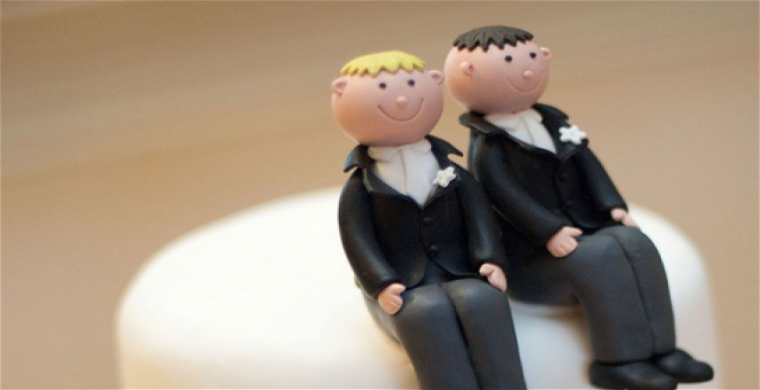Should I Attend the Wedding of a Gay Friend or Family Member? Not in Good Conscience
By Lisa Severine Nolland, Ph.D.
www.virtueonline.org
March 17, 2015
Marriage is not only about one couple's relationship. It has a public dimension, and the wedding ceremony and the celebration mark this. That family and friends participate in a couple's wedding makes marriage a public matter.
So, by attending a same-sex wedding, I tacitly endorse this particular union and also endorse the notion that two women (or men) actually can get married. I cannot in good conscience go, because I cannot endorse same-sex marriage (SSM).
I love and live by the ethics of Jesus. Would Jesus be in attendance? He was a friend of tax collectors and sinners because that was how he could connect. Though unconditional, his love was not static. Beginning with acceptance, he moved into challenge, as seen with Zacchaeus. Would Jesus have shown solidarity by collecting the odd bit of revenue? I don't think so. Jesus separated the person of Zacchaeus from his iniquitous business practice in order to redeem both.
I cannot in good conscience attend a same-sex wedding precisely because I love my gay friends and want their best. I believe all sin damages. My sin damages me as their sin damages them. How can I celebrate what I believe harms them? I would respect their friendship but would pray they realize that marriage is not what they are after or what they actually want. I would look for opportunities to point them to a better way. As Christian mystic Simone Weil once noted, "All sins are attempts to fill voids." My friends' marriage is an example.
Though some gay married couples may be exemplary in love and devotion, SSM has more ominous aspects. Do those advocating for SSM insist these couples conform to traditional marriage practices, such as sexual exclusivity and permanence? No. Mainstream SSM advocates such as sex columnist Dan Savage enthuse over so-called "monogamish marriage" (committed but sexually open).
Waiting in the wings could be polyamorous and bisexual marriages. How will people respond to wedding invitations from the excited trio? Research by sociologist Mark Regnerus indicates that "churchgoing Christians who support ssm are more likely to think . . . adultery [and] polyamory . . . are acceptable."
As a sex historian, I've tracked the sex revolution for decades. I've miscalled the timing, but otherwise my concerns generally have proved prescient.
I used to share my home and dog with a lovely gay man who had AIDS. A close bisexual friend "came out," confessing her love, fearful of my rejection. I hugged her but refused the sex. I have lived my life in friendship with many sexual-minority people and witnessed the pain and tragedy in their lives. But capitulating to their demands that we accept gay marriage is wrong-headed. And so, I would send my regrets but set up dinner for the following month.
NOTE: This is an extract from an article in the March 17 issue of Christianity Today.
Lisa Severine Nolland, PhD, convenes the Marriage, Sex, and Culture Group of Anglican Mainstream (Oxford) and is a consultant with anglicanmainstream.org.














